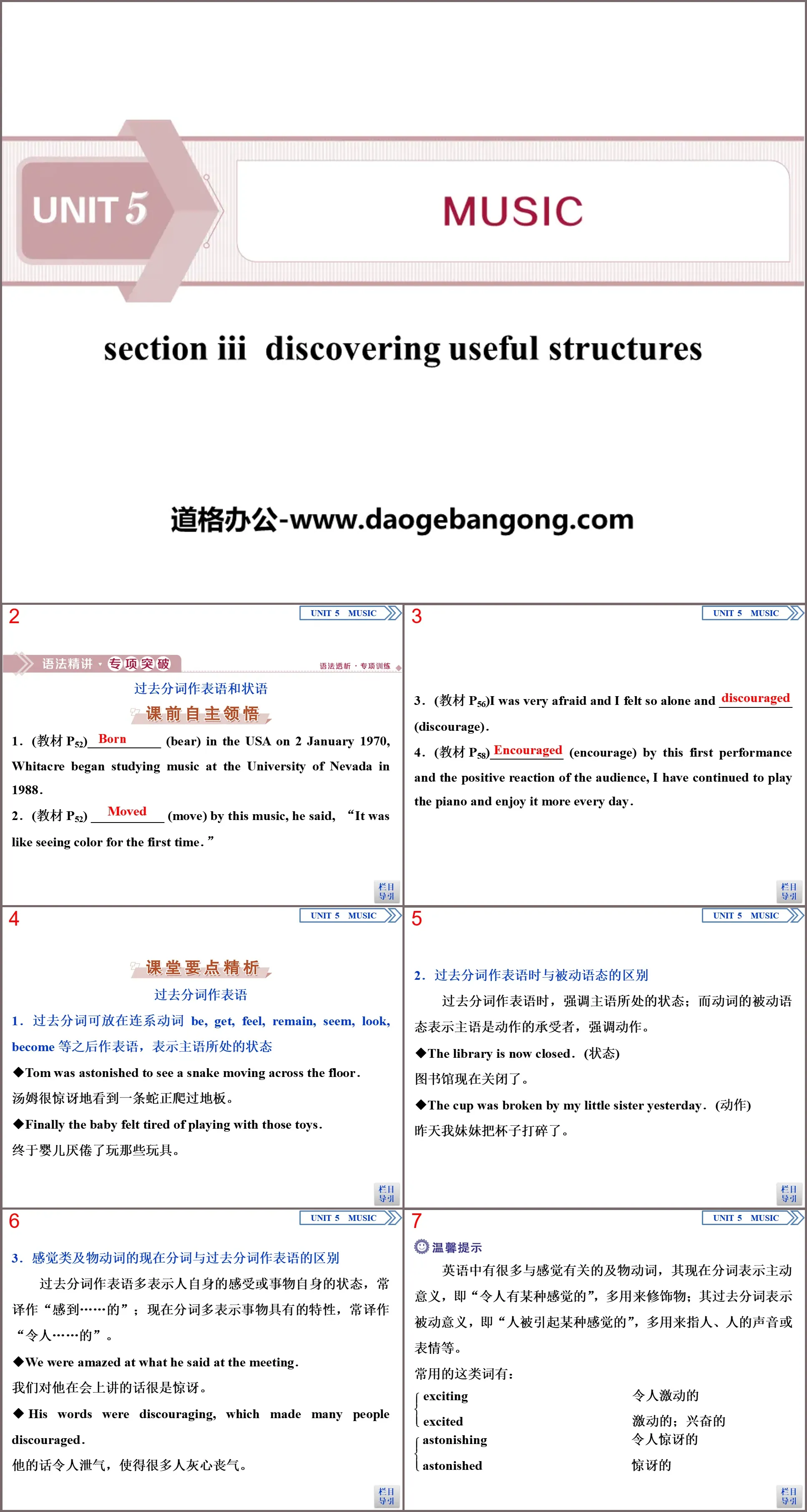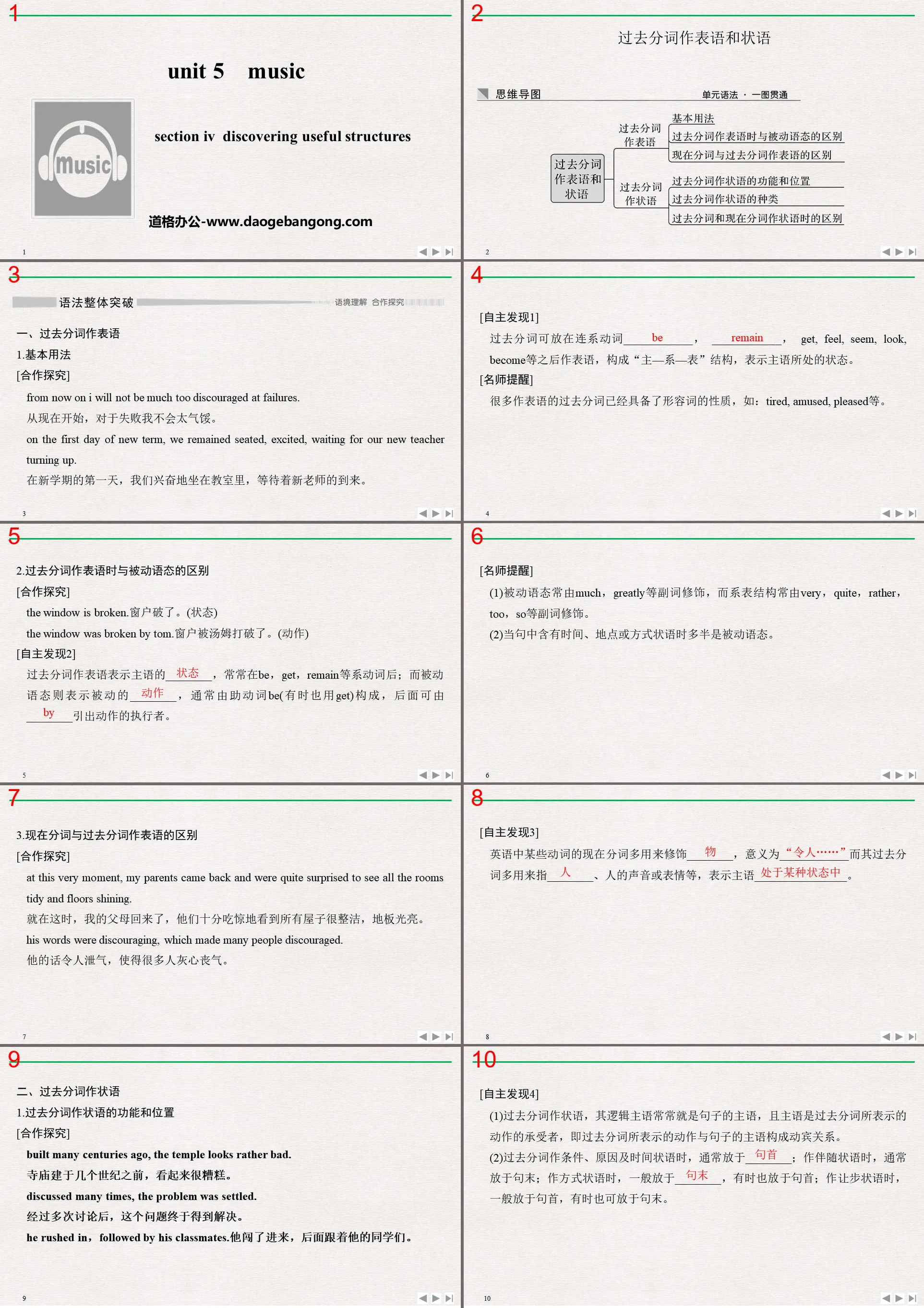《Music》SectionⅢ PPT Simple campus recruitment activity planning plan summary enterprise and institution recruitment publicity lecture PPT template is a general PPT template for business post competition provided by the manuscript PPT, simple campus recruitment activity planning plan summary enterprise and institution recruitment promotion Lecture PPT template, you can edit and modify the text and pictures in the source file by downloading the source file. If you want more exquisite business PPT templates, you can come to grid resource. Doug resource PPT, massive PPT template slide material download, we only make high-quality PPT templates!
| 文件名 如何下载使用 | 下载次数 | Download Points | 下载地址 |
|---|---|---|---|
| 《Music》SectionⅢ PPT | 12975次 | 0.00 | Free Download |
Tips: If you open the template and feel that it is not suitable for all your needs, you can search for related content 《Music》SectionⅢ PPT is enough.
How to use the Windows system template
Directly decompress the file and use it with office or wps
How to use the Mac system template
Directly decompress the file and use it Office or wps can be used
Related reading
For more detailed PPT-related tutorials and font tutorials, you can view: Click to see
How to create a high-quality technological sense PPT? 4 ways to share the bottom of the box
Notice
Do not download in WeChat, Zhihu, QQ, built-in browsers, please use mobile browsers to download! If you are a mobile phone user, please download it on your computer!
1. The manuscript PPT is only for study and reference, please delete it 24 hours after downloading.
2. If the resource involves your legitimate rights and interests, delete it immediately.
3. Contact information: service@daogebangong.com
《Music》SectionⅢ PPT, due to usage restrictions, it is only for personal study and reference use. For commercial use, please go to the relevant official website for authorization.
(Personal non-commercial use refers to the use of this font to complete the display of personal works, including but not limited to the design of personal papers, resumes, etc.)

Related reading
For more detailed PPT-related tutorials and font tutorials, you can view:Please click to see










Authoritative PPT Summary
《Music》SectionⅢ PPT
Special breakthrough
past participle as predicate and adverbial
1. (Textbook P52)___________ (bear) in the USA on 2 January 1970, Whitacre began studying music at the University of Nevada in 1988.
2. (Textbook P52) ___________ (move) by this music, he said, “It was like seeing color for the first time.”
3. (Textbook P56)I was very afraid and I felt so alone and ___________ (discourage).
4. (Textbook P58)___________ (encourage) by this first performance and the positive reaction of the audience, I have continued to play the piano and enjoy it more every day.
past participle as predicate
1. The past participle can be placed after the linking verbs be, get, feel, remain, seem, look, become, etc. as a predicate to express the state of the subject.
◆Tom was astonished to see a snake moving across the floor.
Tom was surprised to see a snake crawling across the floor.
◆Finally the baby felt tired of playing with those toys.
Eventually the baby got tired of playing with those toys.
2. The difference between the past participle as a predicative and the passive voice
When the past participle is used as a predicate, it emphasizes the state of the subject; while the passive voice of the verb indicates that the subject is the recipient of the action and emphasizes the action.
◆The library is now closed. (state)
The library is now closed.
◆The cup was broken by my little sister yesterday. (action)
My sister broke the cup yesterday.
3. The difference between the present participle and the past participle of sensory transitive verbs as predicates
When used as predicatives, past participles mostly express people's own feelings or the state of things themselves, and are often translated as "feeling..."; present participles mostly express the characteristics of things, and are often translated as "making people...".
◆We were amazed at what he said at the meeting.
We were surprised by what he said at the meeting.
◆His words were discouraging, which made many people discouraged.
His words were discouraging and left many people discouraged.
past participle as adverbial
Types of past participles as adverbials
The past participle is used as an adverbial and can express time, reason, condition, concession, manner/accompaniment and result, which is equivalent to an adverbial clause. Its logical subject is the subject of the main clause, and forms a logical passive relationship with the subject of the main clause.
1. past participle as time adverbial
When the past participle is used as a time adverbial, it is equivalent to a time adverbial clause. You can add conjunctions such as "when, while, until" before the past participle to make its time meaning clearer.
◆Looking at from a distance, the painting seems much more beautiful.
→When it is looked at from a distance, the painting seems much more beautiful.
The painting seems even more beautiful when viewed from a distance.
◆Asked for his views about his teaching job, Philip said he found it very interesting and rewarding.
→When he was asked for his views about his teaching job, Philip said he found it very interesting and rewarding.
When asked what he thought of teaching, Philip said he found it interesting and rewarding.
2. past participle as adverbial of cause
When the past participle is used as an adverbial of cause, it can be converted into an adverbial clause of cause guided by since, because or as. Such adverbials are usually placed in the first half of the sentence.
◆Worried about the exam, I was unsettled in these days.
→Because I was worried about the exam, I was unsettled in these days.
I feel uneasy these days because I am worried about the exam.
3. past participle as conditional adverbial
When the past participle is used as a conditional adverbial, it can be converted into a guided conditional adverbial clause such as if, once or unless.
◆Grown in rich soil, these seeds can grow fast.
→If they are grown in rich soil, these seeds can grow fast.
These seeds can grow quickly if planted in fertile soil.
◆Given a few minutes, I’ll finish the report.
→If I am given a few minutes, I’ll finish the report.
Give me a few more minutes and I will complete this report.
4. past participle as adverbial of concession
When the past participle is used as an adverbial of concession, it is equivalent to an adverbial clause of concession guided by though/although.
◆Encouraged by his parents, he still has no confidence in overcoming the difficulties.
→Though he was encouraged by his parents, he still has no confidence in overcoming the difficulties.
Despite his parents' encouragement, he still lacked the confidence to overcome difficulties.
◆Invited by him, I won’t take part in the party.
→Though I was invited by him, I won’t take part in the party.
Even if he invites me, I won't go to the party.
Keywords: Free download of High School English Compulsory Course 2 PPT courseware from the People's Education Press, Music PPT download, .PPT format;
For more information about the "music" PPT courseware, please click the musicPPT tab.
《Music》SectionⅧ PPT courseware:
"Music" Section Ⅷ PPT courseware Ⅰ. Word spelling 1. Bears build up fat stores throughout the summer and fall to have enough ____________ (energy) to last them through their winter sleep..
《Music》SectionⅦ PPT courseware:
"Music" Section Ⅶ PPT courseware Part One: Speech about the impact of music on life. The reading and writing task of this unit is to read a speech about the impact of music on life and then write a speech on the same topic. Ⅰ.Pre-writing (Ⅰ)Lear..
《Music》SectionⅥ PPT courseware:
"Music" Section Ⅵ PPT courseware Part 1 content: Basic passing of the class Ⅰ. Word context memory to write the appropriate form of the word according to the Chinese prompts 1. As is known to all, education is a ____________ (progressive) process. 2...